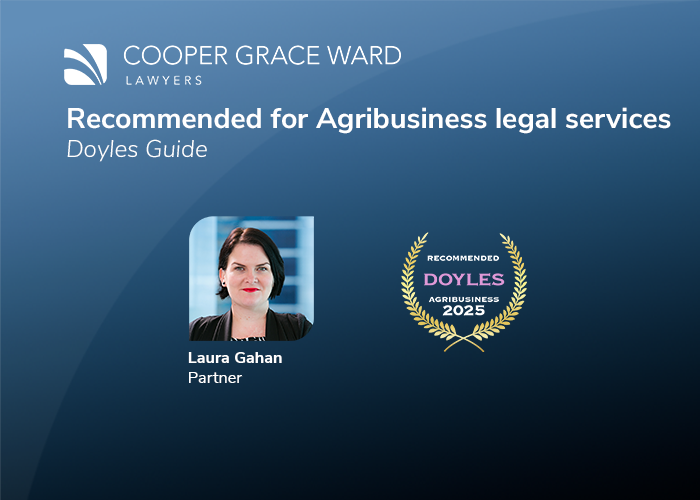Public notification is a crucial step in the development application process. What may seem like a simple task at the outset can have significant cost implications down the track if not done properly.
In the recent case of CQ Group Australia Pty Ltd v Isaac Regional Council [2015] QPEC 003, the Planning and Environment Court declared that the appellant had failed to comply with the public notification requirements and struck out the appeal.
The background to the case
CQ Group Australia Pty Ltd (CQ) filed an appeal in the Planning and Environment Court against the Isaac Regional Council’s part refusal of the workers’ accommodation component of a proposed development.
The development application was for an increase in the scale and intensity of the existing Nebo quarry, which included additional ancillary facilities (for workers’ accommodation (30 staff), fuel storage and water tanks).
The issue
Shortly after the appeal had been filed, the Council filed an application seeking orders and declarations that CQ had failed to comply with the provisions of the Sustainable Planning Act 2009 (SPA) with respect to public notification of the development application. In particular, the Council asserted that the description of the proposed development on the signs erected on the frontages to the land and in the newspaper advertisement (Notices) failed to properly describe the proposed development and proposed use of the land.
The Notices set out the following:
From: Extractive Industry (up to 50,000t per year). General Industry (Heavy Vehicle Depot & Ancillary Motor Vehicle & Ancillary Office Building) & Rural
To: Extractive Industry (up to 1,000,000t per year) & Ancillary Facilities, General Industry (Heavy Vehicle Depot & Ancillary Motor Vehicle Workshop & Ancillary Office Building) & Rural
The issue was whether the Notices had properly described the ‘ancillary facilities’ referred to in the Notices, which included workers’ accommodation for 30 staff, and whether this was sufficient to meet the notification requirements under SPA.
The Court held that ‘the public notification failed to contain a description of the contentious use which was sufficient to convey the workers’ accommodation component of the proposed development such that an interested person would be put on notice and moved to search the development application at the respondent’s offices’.
CQ requested that the Court exercise its discretion and not strike out the appeal. However, due to the conduct of CQ in failing to disclose the true nature of the proposed development in both the development application and in its response to an information request, the Court declined to exercise its discretion and struck out the appeal.
The consequences of getting it wrong
If a preliminary point is raised regarding the public notification of your development application, you may be exposed to significant legal and other costs. These costs may include the costs of the appeal and costs associated with any further application for the development, including any further public notification of the development application in compliance with the requirements under SPA.
We can assist in developing a checklist and appropriate procedures to ensure applicants get it right the first time, saving costs and avoiding any subsequent adverse consequences.
For more information, contact Leanne O’Neill or Sarah Day at Cooper Grace Ward Lawyers on +61 7 3231 2444.




